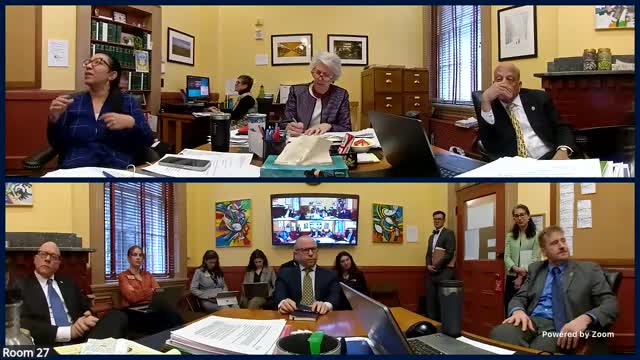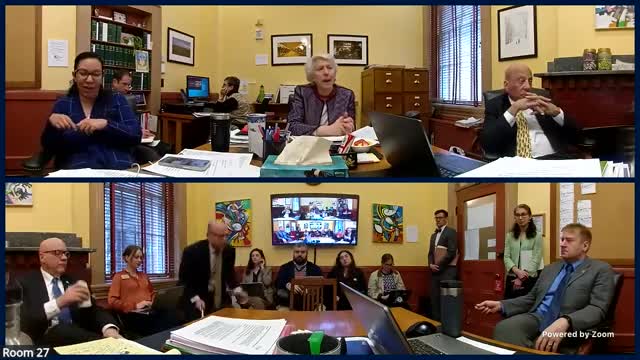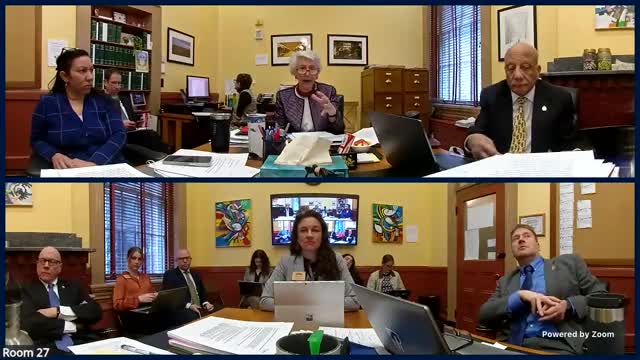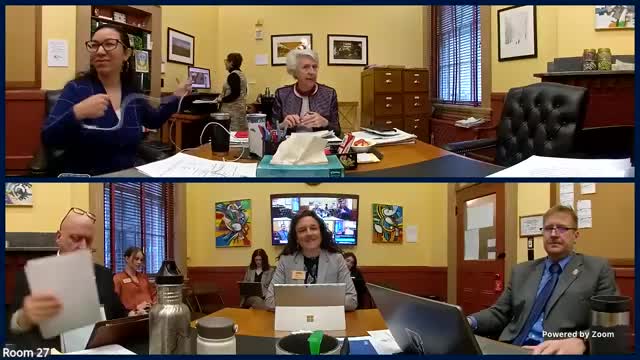Article not found
This article is no longer available. But don't worry—we've gathered other articles that discuss the same topic.

Committee signals support to explore assistant attorney generals’ right to organize; AG’s office asks for draft language

Committee debates certified‑payroll language tied to prevailing wage; members propose delay and clarification

VHFA explains rental revolving loan fund, supports small change to 3% rent‑cap to allow waivers

